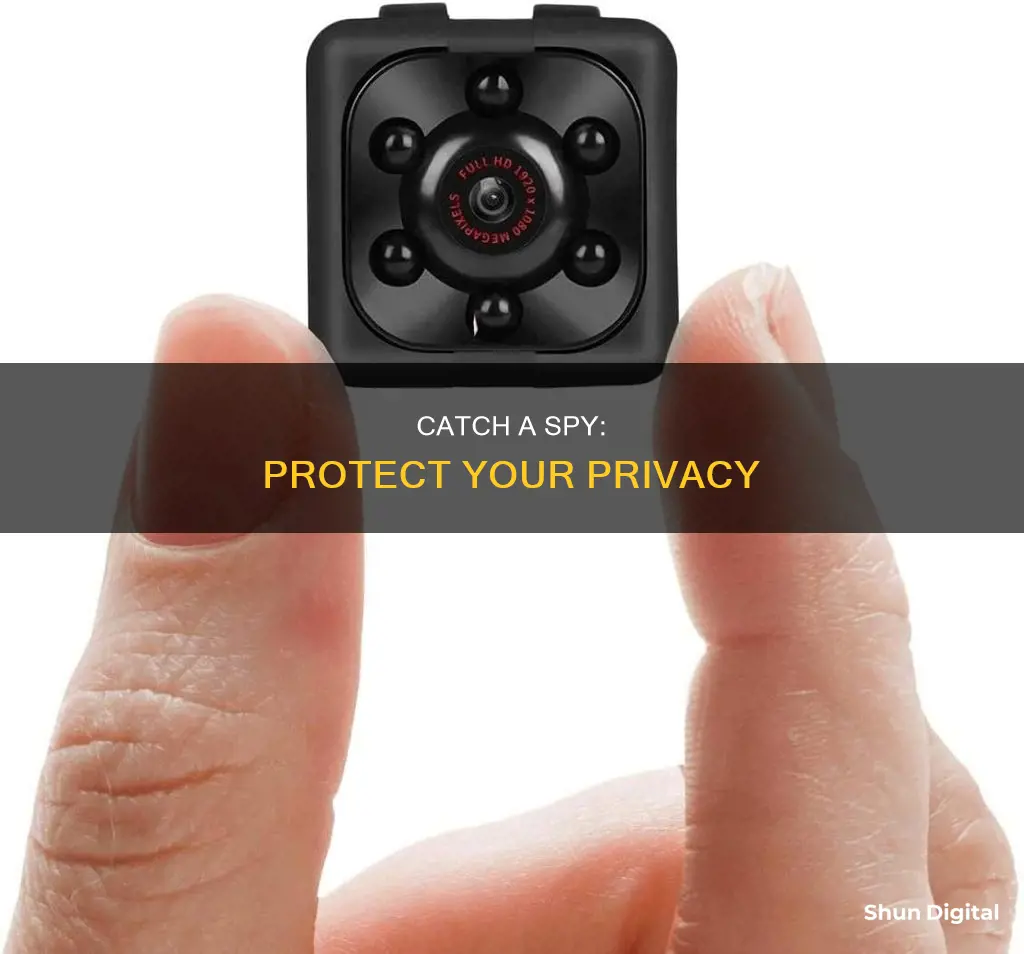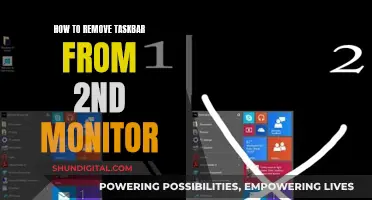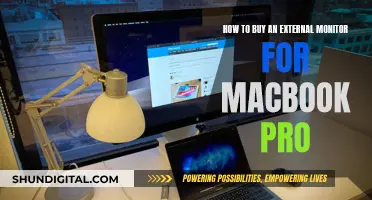
If you suspect that someone might be spying on you, it's important to be vigilant and look out for some warning signs. Here are some common indicators that someone may be monitoring your activities:
- Unfamiliar equipment or technology: Keep an eye out for any unexpected gadgets or devices in your home, such as cameras, USB flash drives, microphones, or pens.
- Suspicious behaviour: Be cautious of unfamiliar people loitering near your home or cars parked nearby for extended periods.
- Unusual activity on security devices: Monitor your home security cameras or devices for frequent disconnections or strange movement patterns.
- Suspicious calls or messages: Be alert for phone calls from unknown numbers or messages containing personal information that you haven't shared.
- Strange behaviour on your phone or PC: Spy apps can cause various issues, including random pop-up messages, unknown texts, or calls. Your device may also experience increased data usage, rapid battery drain, and overheating.
If you suspect that someone is spying on you, it's crucial to take action and protect yourself. Trust your instincts, and don't hesitate to report any suspicious activity to the authorities.
| Characteristics | Values |
|---|---|
| Data usage | Unusually high |
| Battery | Draining fast, overheating |
| Phone behaviour | Random reboots, slow performance, lighting up in standby mode, random shutdowns, random wake-ups |
| Apps | Unfamiliar apps, apps with excessive permissions, apps that shouldn't be able to access the internet using mobile data |
| Phone calls | Odd sounds, random beeps |
| Text messages | Unexpected messages, messages you don't remember sending |
| Emails | Blocked by friends' firewalls, spam sent from your account |
| Accounts | Unusual activity on linked accounts |
| Pop-ups | Intrusive pop-ups |
| Lock screen | Unfamiliar lock screen |
| Camera | Camera activated without your knowledge |
| Microphone | Activated without your knowledge |
| Physical device | Unfamiliar equipment, unexpected behaviour from people around your home, unusual activity on security cameras |
| Home/office | New items, disturbed files/belongings, repeat theft-free burglaries, vendors bearing electronic gifts, broken-into but nothing stolen, utility company workers show up unannounced |
What You'll Learn
- Check for physical signs of surveillance in your home or office, such as disturbed electrical fixtures, unfamiliar items, or unusual wall discolouration
- Look out for unusual activity on your phone, including increased data usage, rapid battery drainage, and overheating
- Be cautious of unexpected messages or calls, especially those containing strange codes or characters
- Monitor your surroundings for suspicious behaviour, such as strangers loitering nearby or unfamiliar vehicles parked for long periods
- Use a Virtual Private Network (VPN) to encrypt your internet connection and protect your data from potential attackers

Check for physical signs of surveillance in your home or office, such as disturbed electrical fixtures, unfamiliar items, or unusual wall discolouration
If you suspect someone is spying on you, it's important to be vigilant and check for any physical signs of surveillance in your home or office. Here are some detailed instructions on what to look out for:
Disturbed electrical fixtures
Keep an eye out for any electrical fixture wall plates that seem slightly out of place. This includes light switches, electrical outlets, and smoke alarms. These are popular spots for eavesdropping devices because they are often overlooked. Look for signs of disturbance, such as debris on the floor beneath the fixture or subtle colour differences in the wall plate. Gaps or poor alignment may also be a result of hurried installation.
Unfamiliar items
Be cautious of any new items that appear in your home or office, such as a wall clock, phone, lamp, or picture frame. If you didn't purchase or place them there, they could potentially contain surveillance devices. Ask your household members or colleagues if they recognise the items, and if no one knows their origin, be suspicious.
Unusual wall discolouration
Small devices like pinhole microphones or video cameras may be hidden on the other side of a wall or ceiling, leaving a small impression. Look for any circular spots, no larger than a coin, which could indicate a hidden device. Additionally, check your vinyl baseboards for any ridges, bumps, or discolouration, as wires for power or data transmission may be hidden behind them.
Other physical signs
Surveillance devices may also be hidden in familiar items such as lamps and clock radios. Check if these items seem out of place, crooked, or show any strange reflective surfaces or tiny holes. Also, be aware of white debris or dust near walls, which could indicate recent drilling to install hidden cameras or microphones.
Remember, these are just a few signs of potential physical surveillance. If you notice any of these indicators, it's important to trust your instincts and investigate further to protect your privacy.
Simple Ways to Check if Your Monitor is 144Hz
You may want to see also

Look out for unusual activity on your phone, including increased data usage, rapid battery drainage, and overheating
If you suspect someone is spying on your phone, there are several signs to look out for. Spyware can cause unusual activity on your phone, including increased data usage, rapid battery drainage, and overheating. Here are some detailed indicators and steps you can take to confirm and address these issues:
Increased Data Usage:
- Monitor your data usage patterns. Note any sudden spikes or anomalies in your monthly mobile data consumption.
- Check data usage statistics on your device. On an iPhone, go to "Settings," then "Cellular" or "Mobile Data." On Android, open the "Settings" app and find "Mobile Network Settings" or "App Data Usage." Look for suspicious app activity or data usage spikes.
- Be aware that spyware tools rely on a constant active connection and can consume a lot of data.
Rapid Battery Drainage:
- Pay attention to your battery's performance. If you notice rapid or unusual battery drainage, even when you're not using your phone extensively, it could indicate the presence of spyware.
- Spyware apps constantly record and transmit data, which requires significant power.
- Compare your battery's performance with its average lifespan. If it's nearing the end of its lifespan (typically 3-5 years), the issues may be due to degradation over time.
Overheating:
- Be cautious if your phone overheats for no apparent reason, even when idle. Spyware can increase your phone's temperature significantly.
- Ensure that your phone's temperature isn't affected by ambient temperature, battery issues, or weather conditions.
- Be mindful that charging your phone will also cause the battery to heat up slightly, which is normal.
- If your phone feels hot to the touch and you suspect spyware, try closing or uninstalling suspicious apps and running a malware scan.
- Consider using a cooling pad or external cooling system to help regulate the temperature.
Remember, while these issues could be caused by spyware, they could also result from other factors such as outdated software, too many open apps or browser tabs, or physical issues like dust buildup. It's important to investigate and address these potential issues to ensure your device's optimal performance and security.
Monitoring Children's Internet Usage: Parenting in the Digital Age
You may want to see also

Be cautious of unexpected messages or calls, especially those containing strange codes or characters
Unexpected messages or calls, especially those containing strange codes or characters, can be a sign that someone is spying on your phone. Spyware is often controlled via SMS, so be cautious of any suspicious messages.
For example, primitive spyware apps sometimes use SMS to communicate with their base. The message will typically be coded in some way. You may also receive unexpected messages with weird characters, or your friends may report receiving weird or offensive messages from your phone. These can be a sign of spyware or malware. SMS worms spread themselves by sending text messages with links embedded in them. If you tap the link, the worm can infect your phone.
In addition, be wary of clicking links in text messages, as they can be used to scam you via phishing schemes to steal your personal and business information.
Backlit Battle: LED vs LCD Monitors Explained
You may want to see also

Monitor your surroundings for suspicious behaviour, such as strangers loitering nearby or unfamiliar vehicles parked for long periods
If you suspect that someone is spying on you, it's crucial to monitor your surroundings for any suspicious behaviour. This includes keeping an eye out for strangers loitering nearby or unfamiliar vehicles parked for extended periods. Here are some detailed steps to help you effectively monitor your surroundings:
Recognise suspicious behaviour
Loitering is typically characterised by individuals hanging around in a particular place for a prolonged period without any apparent purpose. For example, think of a group of teenagers gathering in a parking lot or in front of a convenience store. While loitering may sometimes seem harmless, it can often be a precursor to more serious issues such as public drinking, vandalism, drug dealing, or even robbery. Be vigilant and trust your instincts—if something feels off, it may be worth investigating further.
Report suspicious vehicles
If you notice an unfamiliar vehicle parked in your vicinity for an extended period, take note of its make, model, colour, and licence plate number. Report this information to your local authorities, as this can be a crucial step in ensuring the safety of your neighbourhood. In many jurisdictions, a car parked in one spot on a public road for more than 72 hours is considered abandoned and can be legally towed away. Additionally, be on the lookout for any unusual behaviour associated with these vehicles, such as occupants sitting inside for long periods or the vehicle being present at odd hours.
Implement security measures
Consider installing security cameras to monitor activity around your property. While this may not be financially feasible for everyone, a well-placed camera can capture valuable information such as licence plate numbers and vehicle descriptions. Alternatively, taking notes on the details of suspicious vehicles can also be helpful. Combine this with adequate lighting around your property to deter loitering and other criminal activities. Well-lit areas are less appealing to those with ill intentions, and proper lighting also improves visibility for you, passers-by, and security cameras.
Establish a neighbourhood watch program
Collaborating with your neighbours and local law enforcement can be an effective way to enhance the security of your community. Implementing a neighbourhood watch program encourages residents to look out for one another and report any suspicious behaviour or activities. Regular reporting with reliable information strengthens communication between residents and relevant authorities, ensuring that everyone remains informed about potential threats.
Maintain a sense of community
Building strong connections with your neighbours and staying informed about local issues are essential components of maintaining a safe neighbourhood. Attend community meetings, organise social events, and stay up-to-date on happenings within your area. By fostering a sense of unity and collective responsibility, you can create an environment where suspicious activities are more likely to be noticed and reported.
Are You Being Watched? How to Find Out
You may want to see also

Use a Virtual Private Network (VPN) to encrypt your internet connection and protect your data from potential attackers
Using a Virtual Private Network (VPN) is a great way to encrypt your internet connection and protect your data from potential attackers. A VPN can act as a protective shield, anonymizing your online traffic and location, and creating a secure connection between you and the internet.
Online Privacy
VPNs encrypt all internet traffic, converting data into code, to ensure the security of sensitive information. This means that no one, including your Internet Service Provider (ISP), can monitor your online activities.
Protection on Public Wi-Fi
VPNs are especially useful when using public Wi-Fi networks, which are prime targets for hackers due to their higher potential for security vulnerabilities. By encrypting your connection, a VPN prevents hackers from monitoring your online activities and keeps your personal data secure.
Privacy
While a VPN doesn't guarantee full anonymity online, it hides your IP address, making it difficult for anyone to trace your location or identify you. This is achieved by rerouting your internet traffic through a remote server, which then forwards the traffic to the website you're trying to access. As a result, the website only acknowledges the VPN server's IP address, not yours.
Blocking Malicious Ads and Websites
Some VPNs offer additional features, such as blocking malicious websites, ads, and trackers. This helps to blacklist harmful sites before they can cause any damage.
Data Usage
Using a VPN can result in increased data usage because the encrypted data is sent to an external server. However, this is a small price to pay for the added security and privacy that a VPN provides.
Slow Internet Connection Speed
It's important to note that using a VPN can potentially slow down your internet connection speed due to the additional time required for encrypting and decrypting data. This is because the traffic goes through the VPN server instead of directly between the website and your browser.
In conclusion, using a VPN is an effective way to protect your data and privacy when browsing the internet, especially on public Wi-Fi networks. It encrypts your data, hides your IP address, and provides additional security features to keep your online activities secure from potential attackers.
Best Places to Buy Refurbished Monitors
You may want to see also
Frequently asked questions
There are several signs that someone may be spying on you in your home. They can use physical equipment such as listening devices or hidden cameras, or they can use spyware to hack into your digital devices. Some signs to look out for include:
- Unexpected equipment or technology in your home, such as cameras, USB flash drives, microphones, or pens.
- Unfamiliar or suspicious behaviour from people around your home, such as strangers loitering nearby or cars parked close by for long periods of time.
- Unusual activity on your home's security cameras or devices, such as frequent disconnections or strange patterns of movement.
- Suspicious behaviour of your phone or PC, such as random pop-up messages, unknown text messages, or phone calls.
- A sudden decrease in your device's battery life and reduced performance.
Spyware can be installed on your phone to monitor calls, messages, emails, location, photos, and browsing history. Some signs that your phone may be compromised include:
- Unfamiliar applications that you don't remember downloading.
- Anomalous data usage, such as a sudden increase in mobile or Wi-Fi data usage.
- Rapid battery drain and lagging performance.
- Unusual activity on linked accounts, such as messages or posts you didn't send, or password change alerts that you didn't initiate.
- Intrusive pop-ups that may be attempting to phish for personal information.
- Issues shutting down or restarting your phone.
If you suspect that someone is spying on you, it's important to take action to protect yourself and your information. Here are some steps you can take:
- Document any evidence you find, such as photographs, videos, or recordings of suspicious activity.
- Notify law enforcement so they can investigate and take appropriate action.
- Change your passwords and secure your devices to prevent further access to your personal information.
- Consider installing surveillance countermeasures, such as jamming devices or signal blockers, to prevent future spying attempts.







